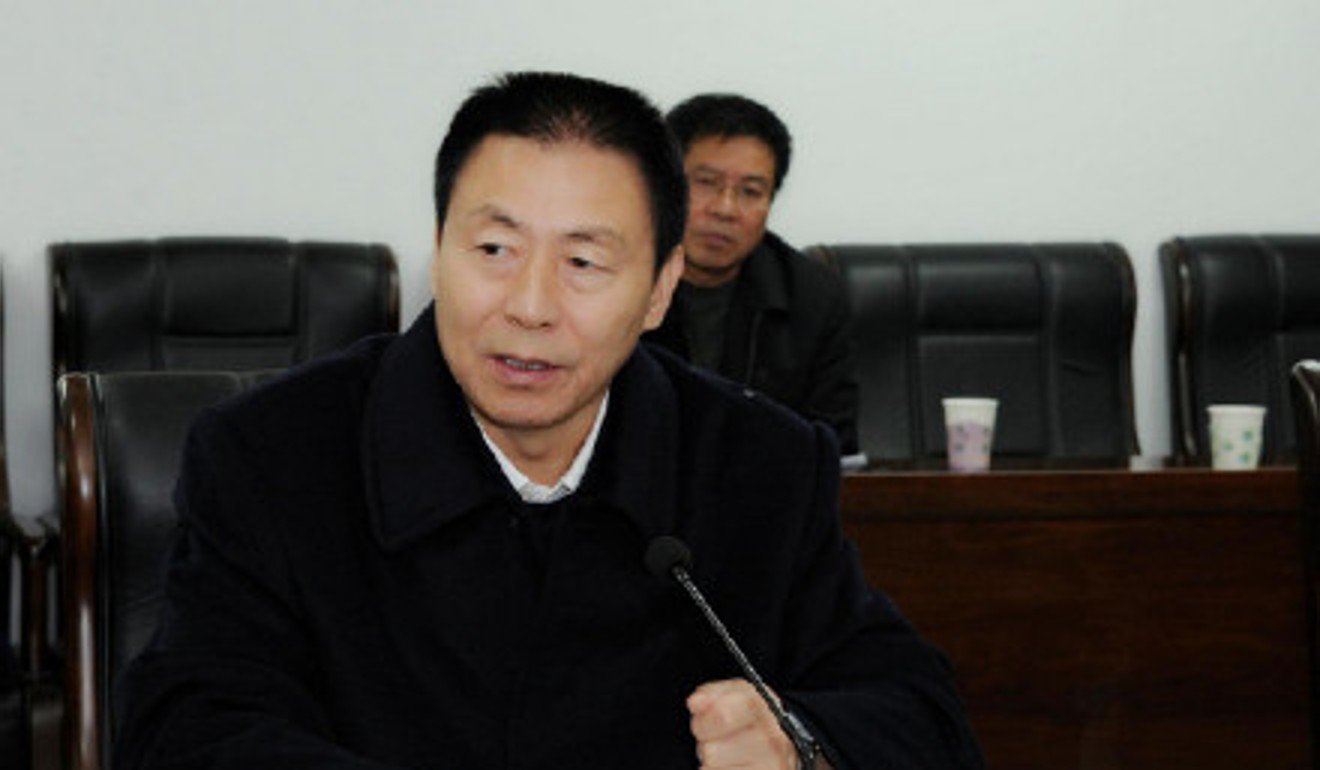
No let-up for corrupt ‘tigers’ in 2018 as China’s graft-busters claim more big scalps
- More high-ranking officials were detained and charged last year than in 2017
- But after the Communist Party declared a ‘crushing victory’ in the anti-corruption drive it is unclear if there will be any change in priorities
Six years into President Xi Jinping’s war on corruption, the Communist Party’s graft-busters detained another 23 “tigers” – or high-ranking officials – in 2018, five more than the previous year.
Prosecutors also charged 32 provincial- and ministerial-level officials last year, which was 14 more than in 2017.
But while there seems to have been no let-up in the campaign, the year’s tally does not indicate the party watchdog and prosecutors went after more senior scalps in 2018 – many of the cases prosecuted were the result of lengthy investigations carried out over previous years.
Xi Jinping’s anti-graft drive has caught so many officials that Beijing’s elite prison is running out of cells
More than 1.3 million party officials at various levels – from the powerful “tigers” to low-ranking “flies” – have been caught in the campaign since it was launched in late 2012. The anti-graft drive hit its peak in 2016.
Sun’s case was handled faster than most. The Central Commission for Discipline Inspection took just over four months to complete an internal investigation before it handed the case to the judicial system at the end of September 2017. The Tianjin No 1 Intermediate People’s Court then sentenced Sun, a former Politburo member who had pleaded guilty, after 26 days – the shortest length of time taken to wrap up a case involving a “tiger” last year.
In contrast, it took the Changzhou Intermediate People’s Court more than 15 months to deliver a verdict on Hebei’s former security chief, Zhang Yue. Zhang, who also pleaded guilty, was sentenced to 15 years’ jail in July for accepting 156.9 million yuan in bribes. He was also fined 5 million yuan.
The other 14 senior officials sentenced were given jail terms of more than 10 years.
And all except one of the “tigers” were found guilty of accepting bribes.

Of all the high-ranking officials found guilty of taking bribes last year, former Hebei official Yang amassed the most illegal gains at 206 million yuan. Former Politburo member Sun’s 170 million yuan was the second biggest total.

